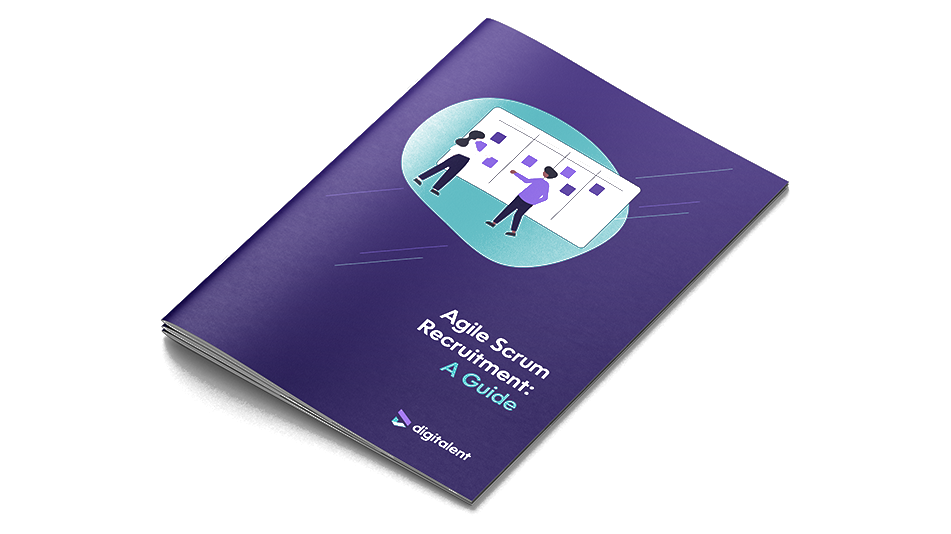The class of 2025 is graduating into the fastest-changing job market in history.
Artificial intelligence is reshaping career paths, creating entirely new roles, and disrupting industries at a speed the world has never seen before.
For today’s college graduates, AI is both the biggest threat and the biggest opportunity. Those who adapt early will thrive. Those who hesitate risk being left behind.
Earlier this month, Chris Morrow, Founder and Managing Director at Digitalent, joined news anchor Ben Hunte live on CNN International to discuss how AI is transforming opportunities for recent graduates and why education, employers, and policymakers must move faster to prepare them.
Watch the full CNN interview below:
TL;DR
-
We’re in the “dial-up phase” of the AI age which means uncertainty plus massive opportunity.
-
AI literacy must be embedded across every college / university discipline.
-
Education needs to move beyond the “cheating” conversation to teaching AI fluency.
-
AI is now the gatekeeper in hiring and not always for the better.
-
Adaptation is urgent for graduates, educators, and employers.
1. We’re in the “Dial-Up Phase” of the AI Age
AI today feels like the early days of the internet: uncertain, awkward, but unstoppable.
The difference right now is what took the internet decades to change, AI is doing in a fraction of the time.
Graduates who understand this will see AI not as a threat, but as a launchpad for entirely new career paths from AI ethics specialists to prompt engineers to AI workflow designers.
Top 5 AI-created roles in 2025:
-
AI Ethics Specialist – Oversees responsible AI use to prevent bias and misuse
-
Prompt Engineer – Designs effective AI prompts to maximise AI performance
-
AI Workflow Designer – Integrates AI into business processes to boost efficiency
-
AI Model Trainer – Fine-tunes AI models to improve accuracy
-
AI Policy Advisor – Guides regulation and compliance to ensure safe adoption
2. AI Literacy is the New Baseline
By 2030, a doctor, lawyer, or architect without AI fluency will be at a serious disadvantage.
AI should be embedded across every college discipline, not just computer science. Without rapid curriculum reform, we risk a major talent mismatch between what graduates can do and what employers need.
Relevant reading: World Economic Forum: Future of Jobs Report
3. Education Needs to Evolve Beyond the ‘Cheating’ Debate
Focusing only on AI as a shortcut for essays or coursework misses the point.
We should be teaching students how to augment their skills with AI. For example, by creating projects with AI assistance and then testing their fluency.
Curricula built 20–30 years ago cannot keep pace with the speed of technological change.
Reference: Educause Review on AI Literacy
4. AI is the New Gatekeeper in Hiring
Many résumés are now rejected before a human ever sees them, thanks to AI-powered screening.
Poorly trained algorithms risk amplifying bias and excluding strong candidates. The result is wasted talent, delayed careers, and real mental health costs for job seekers.
Recruitment teams need to balance AI tools with human judgment and ensure they are built on principles of responsible AI.
5. Adaptation is Not Optional
Those who adapt will thrive. Those who wait will be left behind.
For graduates, this means building AI fluency now. For employers and policymakers, it means rethinking recruitment, training, and education to keep pace with change.
FAQ
What is AI literacy and why is it important for graduates?
AI literacy means understanding how AI works, where it can be applied, and its limitations. It is quickly becoming a baseline skill across industries, not just in tech.
Which new roles has AI created for graduates?
Roles such as AI ethics specialists, prompt engineers, AI workflow designers, and AI model trainers have all emerged in the past 12–18 months.
How can colleges integrate AI without encouraging academic dishonesty?
By redesigning assessments to focus on how students use AI to augment their skills, rather than banning the technology outright.
What can employers do to hire responsibly with AI?
Use AI screening tools in conjunction with human review, ensure algorithms are bias-tested, and invest in training recruiters on responsible AI use.
Want To Speak To Us?
At Digitalent, we help AI and tech employers navigate these workforce shifts and connect them with the talent they need to succeed in the AI era.
Get in touch with us today: Contact Digitalent
